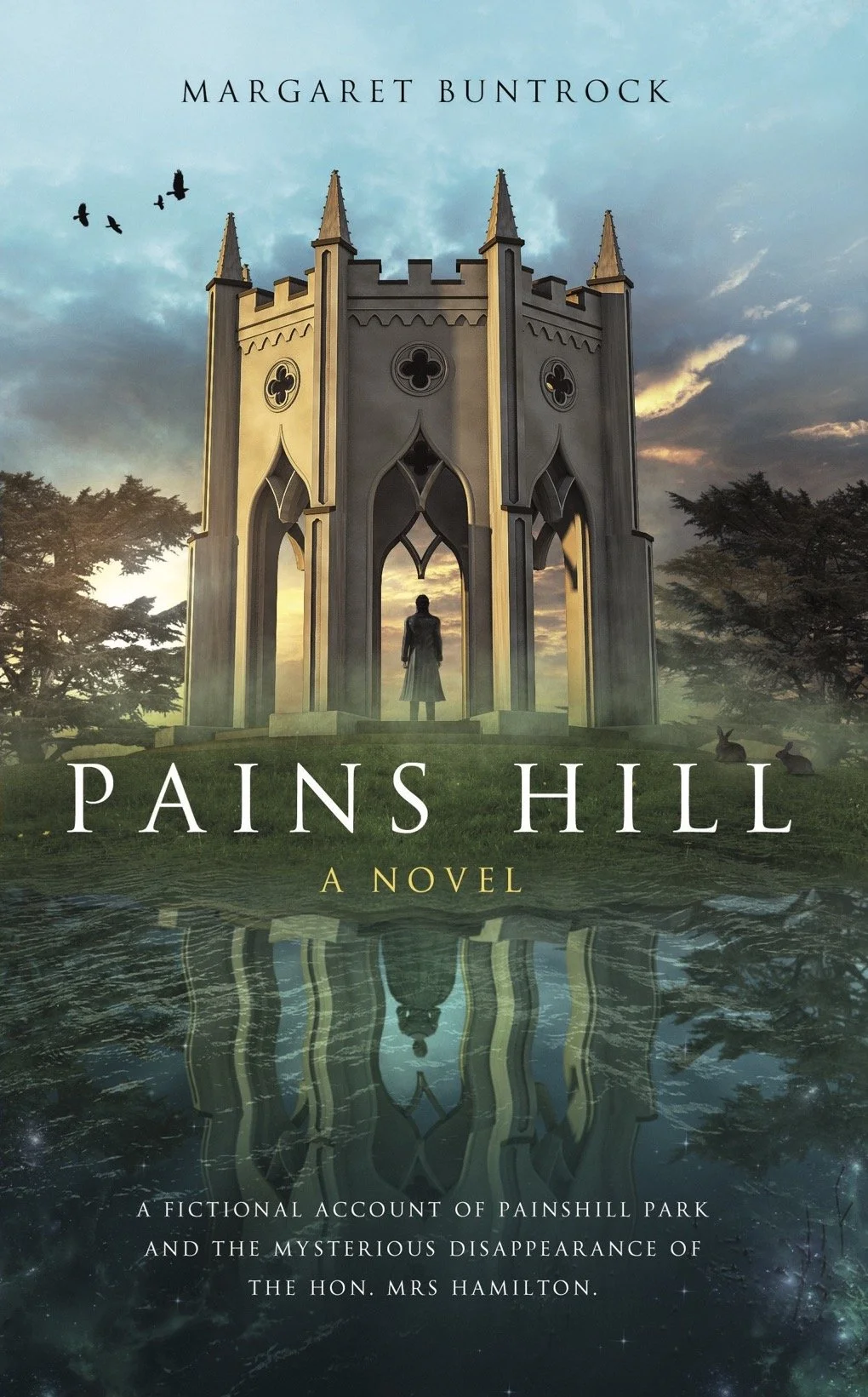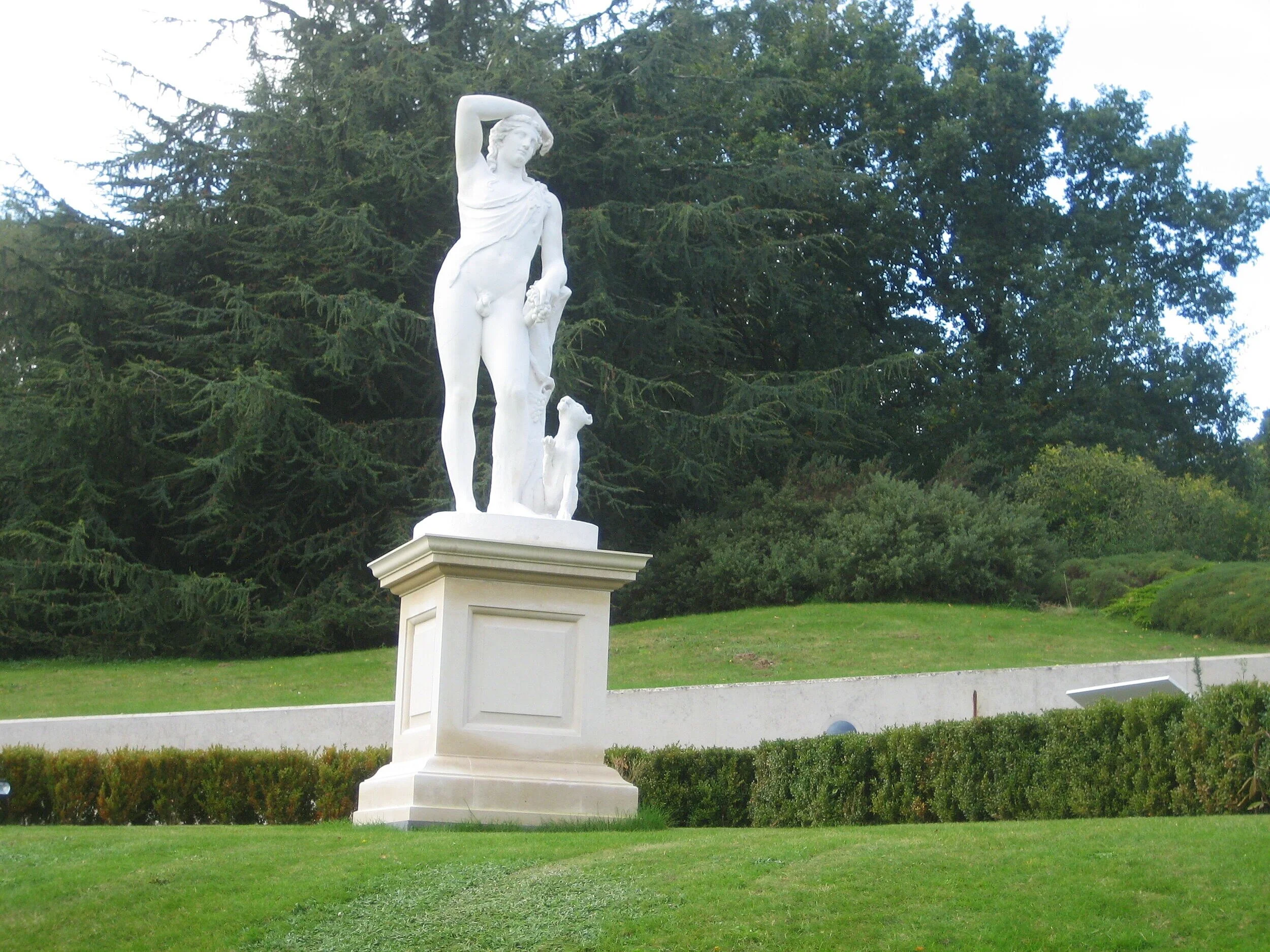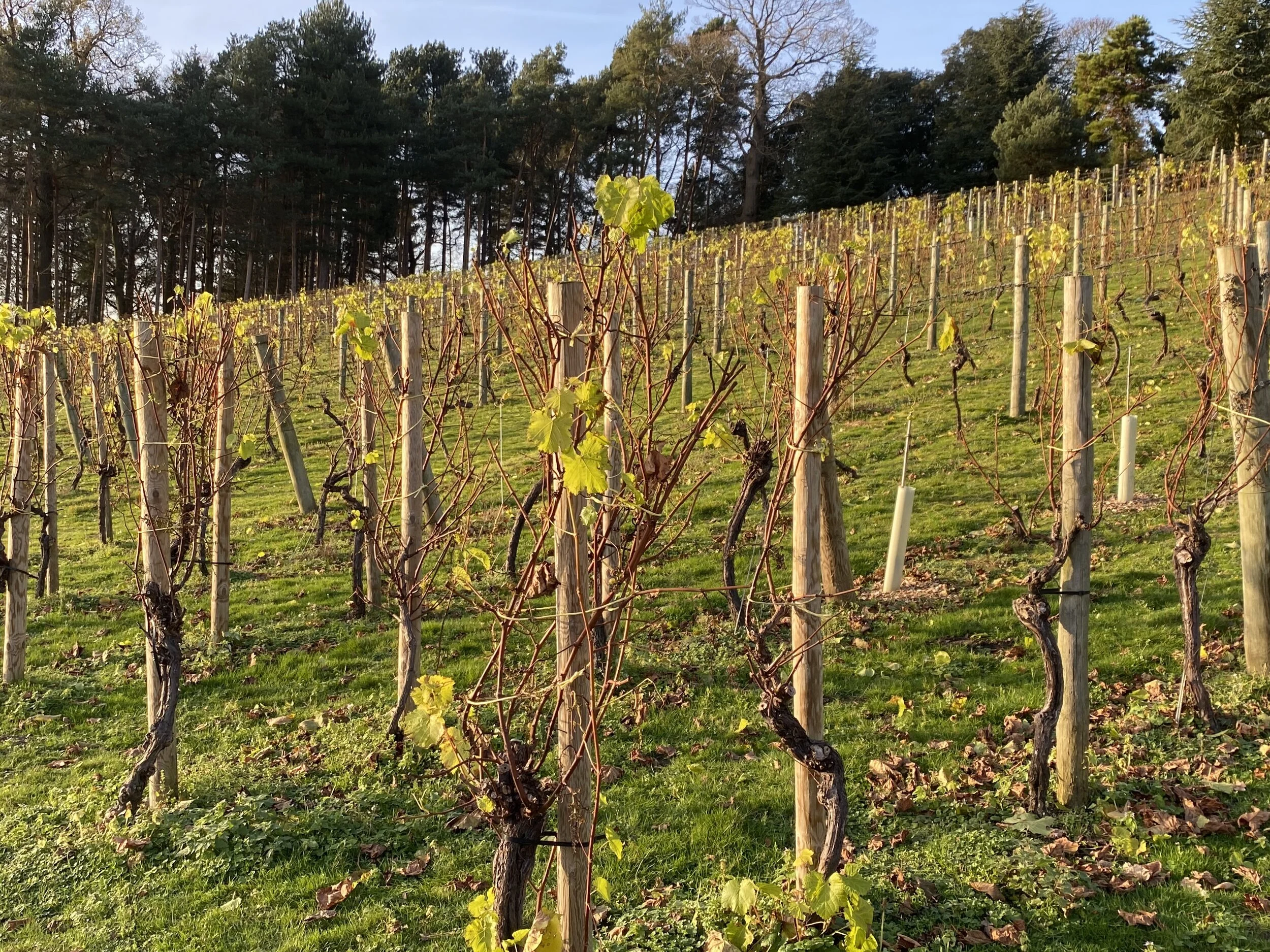2026
Exciting news, my new novel, Venetian Friends and Lovers, will be published in 2026. It is almost ready for publication although there is the inevitable impulse to keep polishing it and also a reluctance to let it go forth into the wide world.
Below is the draft blurb for the book’s back cover. Any comments are most welcome. Also if you would be interested in receiving an Advance Review Copy of he book when it is available - it will either be in digital format or as a basic print version (no cover) — please email me:margaretbuntrock@gmail.com
* * *
An apartment in Venice, how wonderful! On a whim, Lily, beautiful and sexy, buys an Italian holiday home with the money from her third divorce and invites her two old school friends and their husbands to use it whenever they wish. What ensues is a story of rivalry, betrayal, comedy, tragedy, and the struggle for survival.
Venetian Friends and Lovers is set against the ravishing beauty of Venice, a city that has always had to fight to survive. The novel is a celebration and an exploration of both Venice and the dangerous power of beauty.
Taking place between 2000 and 2010, the characters’ lives are shaped not only by their individual desires and frailties, but by the historical events and huge social changes that occurred during these turbulent years.
* * *
Excerpts from Pains Hill
“Is there a straight path back to your house, Mr. Hamilton?” asked Sir William. “We have wandered about your park in an exceedingly wavering manner.”
“Yes, there is a fairly straight, linear path we can take back to the house. But the garden is designed to be enjoyed through a series of convolutions, so that you will be suddenly surprised by the unexpected.”
“I prefer straight lines, simple and direct, non of these crooked zigzags which are most disagreeable. I have a singular aversion to zigzags.”
“It is a new fashion, uncle,” interrupted Henry.
Sir William snorted, then said, “Let’s get back to the house.”
— Pains Hill (Chapter 10)
“Suddenly, Charles felt something on his knee, his left knee. At first he hoped he had imagined it, but then he felt it again, only more strongly, a pressure on his silk breeches that could only be a hand, beneath the table, pressing down on his upper leg. He wished it could be his right leg and hoped for a moment that perhaps the comely Constance, sitting on his right, could be able to reach over far enough to place her hand on his left leg, but no, it was impossible, and the only person whose hand it could be was the older sister, Verity. He decided to ignore it, did not even look at her, and stared fixedly ahead.
As Sir William broke off from his paean to Marlborough and raised his wine glass, Henry Fox again attempted to advance his friend’s standing.
“Charles has planted a vineyard at his Pains Hill estate.”
“A vineyard, good gracious?” spluttered Sir William. “That sounds very foolhardy.”
Several of the other guests around the table tittered with laughter.
“The Romans had vineyards in England. I do not see why I should not be able to make a passable wine,” stated Charles refusing to feel chastened.
“I think you would be better to turn your land to husbandry.”
“I have a farm at Pains Hill, naturally, with cattle and sheep, cornfields and orchards.”
“And he is making a magnificent garden,” interjected Henry. ”He has flooded fields to create a lake and islands. And he has acquired statues in Italy. Including one of Bacchus. It is the tallest Greek statue in England.”
Charles felt the pressure on his left leg tighten, as fingers gripped his flesh beneath his breaches.
— Pains Hill (Chapter 8)
Jane, being a good historian, knew the power she wielded, the potential for manipulation, the creative process that takes place behind the most seemingly objective interpretation of facts and events, the selection and arrangement of evidence in the weaving of a narrative fit for an audience. For the duration of her Painshill contract, Charles Hamilton was hers, she possessed him and she liked the feelings of omnipotence her work gave her. And while she worked alone, she was not alone, others, though long dead, inhabited her realm and were her companions on her research journey, and she was the ring-master.
— Pains Hill (Chapter 5)
Slowly and silently he emerged from the trees, creeping towards the seated figure, approaching from behind, unseen, the hefty wooden weapon in his hands. The hunched figure was intent on watching the water, bowed over and beginning to feel stiff from sitting still for so long.
The man swung the wooden weapon high in the air and brought it down hard on the head of the seated figure with a crushing force. The seated figure toppled to the ground. The swans continued to glide across the water.
— Pains Hill (Chapter 27)





